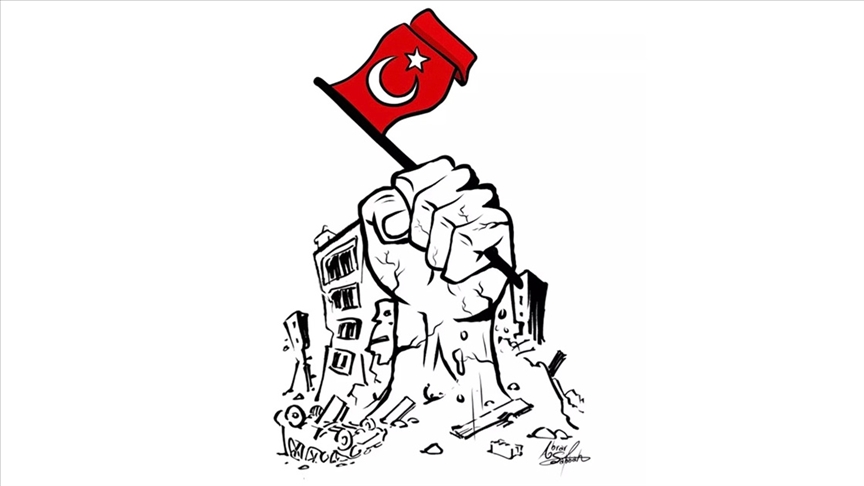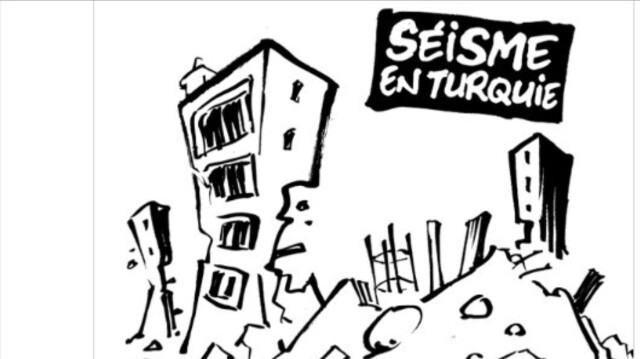Banu Mustaliq, a branch of the Khuzaa tribe, was residing near Usfan, Rahatufarwa and Rabig, the latter being a significant port city located in the Kudayd region between Mecca and Medina. Generally speaking, the Khuzaa tribe acted positively towards Islam and Prophet Muhammad (pbuh), yet the Banu Mustaliq branch sided with the Quraishis which were fighting the Muslims; from time to time they acted with animosity against the Muslims. At the time when the Quraishis incited its allies and made preparations for the Battle of the Trench, Hârith ibn Abû Dirar, the leader of the Mustaliq tribe, set up his headquarters on the Muraysi Water and incited the neighboring tribes; he began to gather soldiers to attack Medina. The Prophet sent Burayda ibn Husayb al-Aslami to the region to acquire intelligence. Burayda saw that the news about the preparations of Mustaliq tribe was true and returned with the necessary information. On Sha'aban 2nd, 5 (December 27th, 626) the Prophet set out on a campaign with 700 men, thirty of whom were on horse. When some of the tribes saw that he was approaching with a great force, they abandoned the front lines and deserted. When the Islamic army came to the Muraysi Water, the tribal members were invited to become Muslim. The battle started after they answered this invitation with arrows, and it ended with the absolute victory of Muslims. Ten idolaters were killed; the remaining 600 or 700 men were taken prisoner. A large amount of loot was acquired, among which there were 2,000 camels and 5,000 sheep. During this campaign, the Muslims suffered no losses other than Hisham Suhaba al-Kalbi, who was killed as he was mistaken for an enemy. After the victory, Prophet Muhammad distributed the prisoners and loot among the Muslims. With regard to the importance of this battle, he sent Abu Naml at-Tai to Medina to notify the people of the victory. He returned back to Medina on Ramadan 5th (January 24, 627). The Battle of Banu Mustaliq is sometimes referred to as the Muraysi Battle, because of its location; it is suggested that this occurred after the Battle of the Trench.
Juwayriyya, the daughter of al-Hārith ibn Abu Dirar the chief of the Banu Mustaliq, was among the captives taken in this battle. The Prophet released Juwayriyya and married her when she accepted Islam. Their marriage mitigated the hostility that resulted from the battle. The Muslims released all prisoners as the people of Mustaliq had now become relatives of the Prophet. When the Banu Mustaliq saw this attitude nearly the entire tribe accepted Islam. Al-Hārith ibn Abu Dirar also came before the Prophet and became Muslim.
Many hypocrites, like Abdullah ibn Ubay ibn Salul, also participated in this battle. There was a conflict between muhajirs and the Companions after the campaign about a waterwell. The hypocrites incited this conflict and it was about to explode. Upon seeing the rising tension, the Prophet instantly ordered that they set out and forced the army to walk until noon the following day. The soldiers were exhausted after this long march and they fell asleep right away when they reached the resting spot, no longer to discuss the conflict. In this way, Prophet Muhammad prevented the conflict that had nearly broken out the previous day. It is accounted that surah of al-Munafiqun (The Hypocrites) was revealed upon these events. The hypocrites did not abandon their hostilities and this led to the slander of Aisha, known as "the Incident of Ifk."
Subscribe to:
Post Comments (Atom)









No comments:
Post a Comment